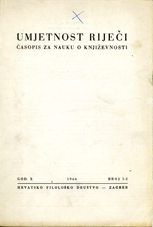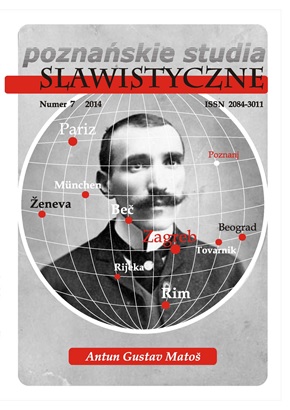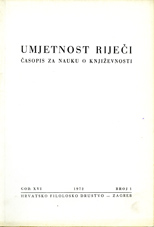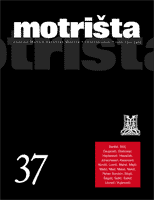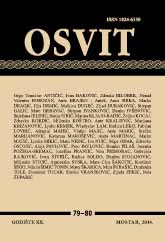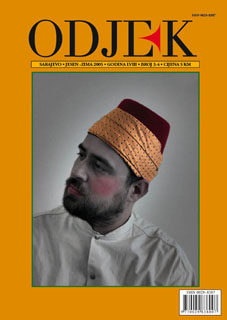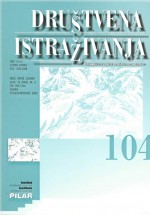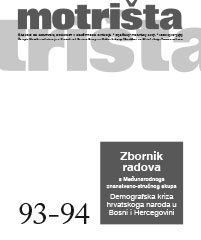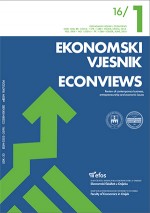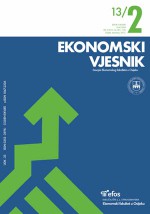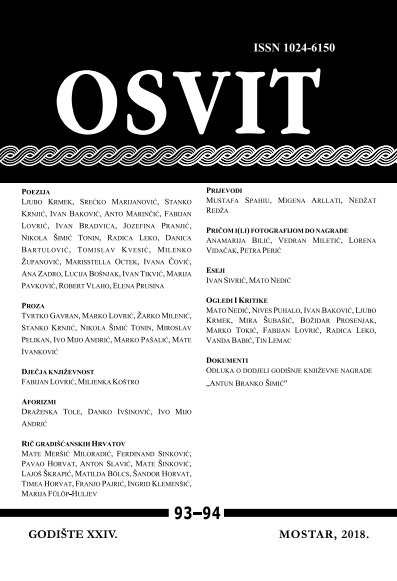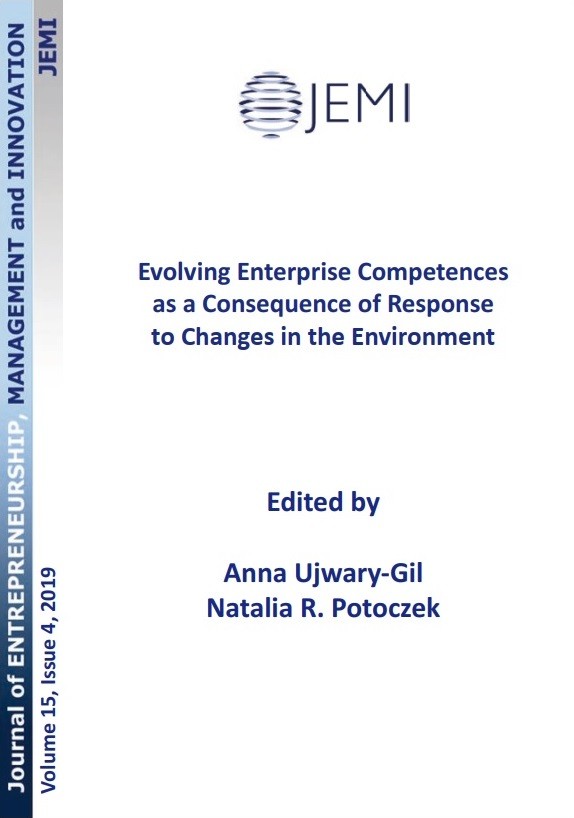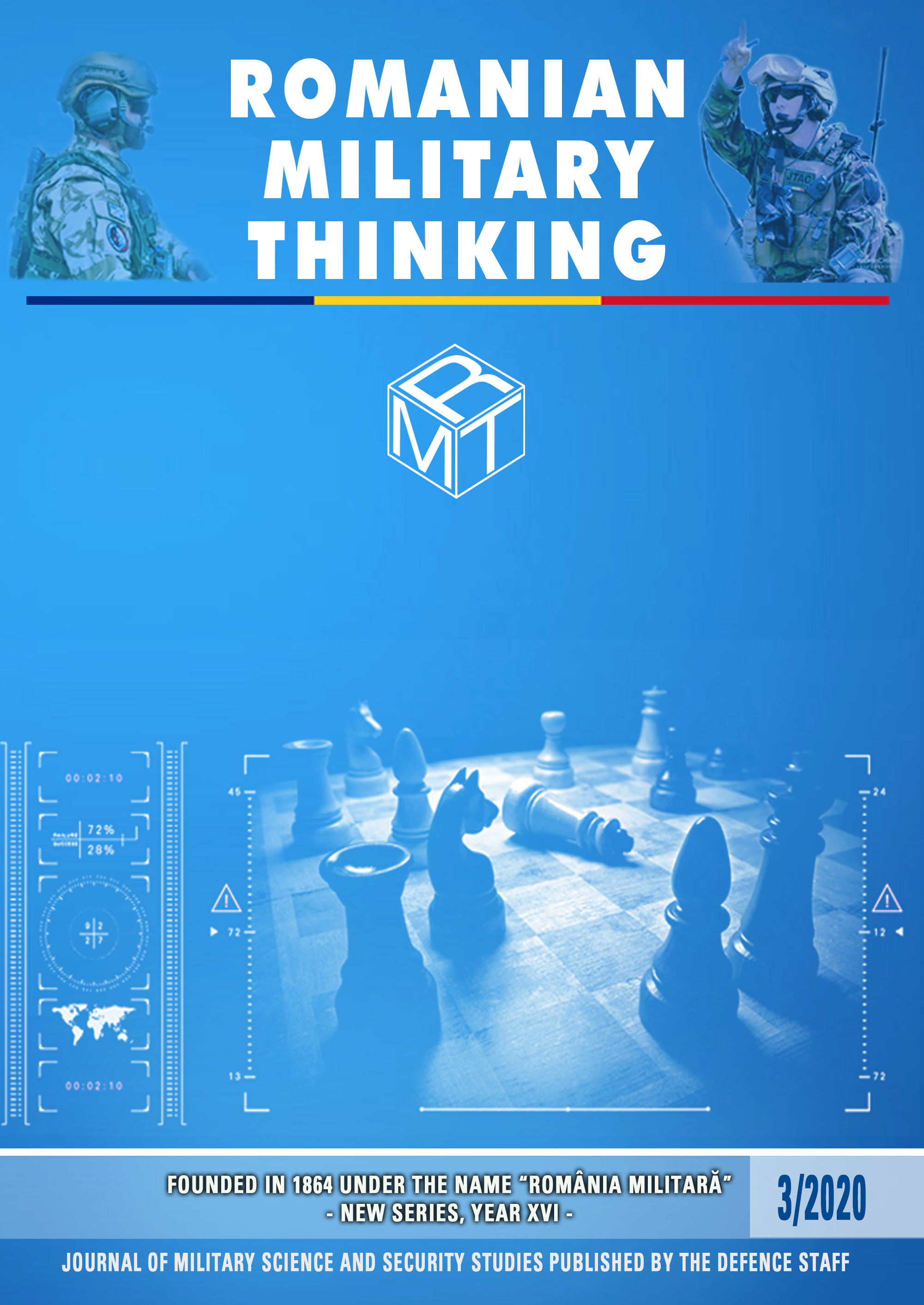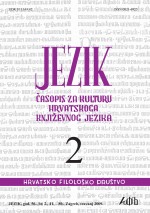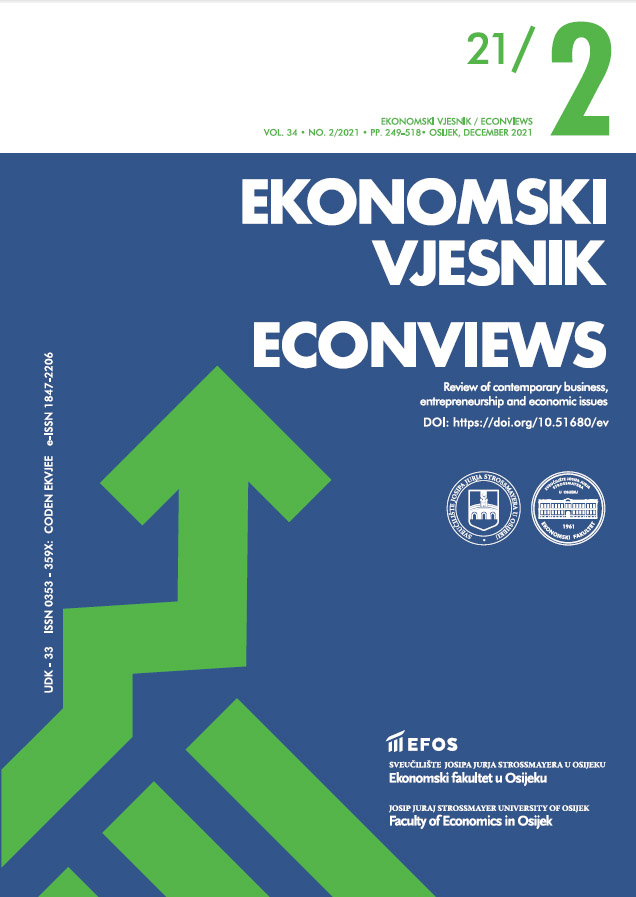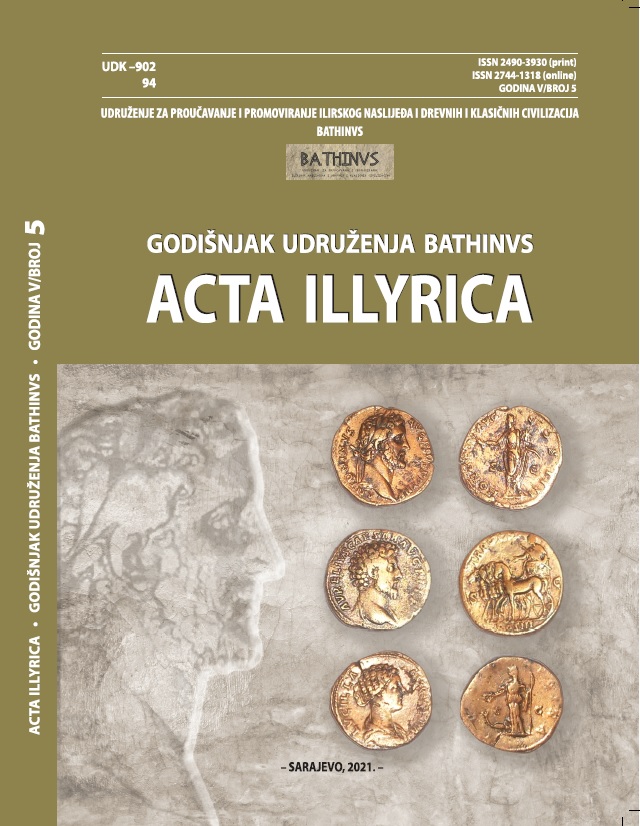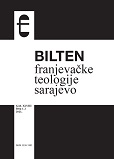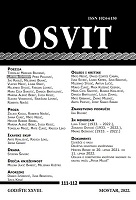Prikazi
Author(s): Branko Pilaš,Miljenko Stojić,Ivan Baković,Zdravko Kordić,Ružica Soldo,Mato Nedić,Željko Kocaj,Fabijan Lovrić,Amir Brka,Marina Kljajo,Stjepan Galić,Stjepan Ivanković,Ante Kraljević / Language(s): Croatian
/ Issue: 79-80/2014
Marina KLJAJO - RADIĆ - HVALOSPJEV MAJCI ILI ŽIVOT PO LJUBAVI (Tin Kolumbić – recenzija)
Ivan BAKOVIĆ - Anto Marinčić: Potom je sve utihnulo, HKD Napredak – podružnica Vitez, Vitez, 2014.
Stjepan Galić - SVJETSKI SLIKAR S DVIJE DOMOVINE WŁADYSŁAW LAM (1893. – 1984.)
Amir Brka - Anto Stanić: Bako, zašto plačeš?, Planjax, Tešanj, 2014.
Fabijan Lovrić - Tomislav Marijan Bilosnić: Ogledalo (pjesme), 3000 godina Za dar, Zadar, 2012.
Miljenko Stojić - Ante Nadomir Tadić Šutra: Luč Hrvata, Kninski muzej, Knin, 2014.
- Stjepan Šešelj (uredio): Fra Lucijan Kordić, HKZ – Hrvatsko slovo, Zagreb, 2013.
Mato Nedić - Mira Šubašić: Dodir Sunca, Centar za kulturu, Orašje, 2014.
Branko Pilaš - Miljenko Stojić: Did Jozo, Gral Široki – Cvitak – Matica hrvatska, Zagreb – Međugorje – Čitluk, 2013.
Ante Kraljević - Radica Leko: Kruh i igre, Naklada DHK HB – MH Posušje – HKD Napredak Posušje, Mostar – Posušje, 2014.
Ružica Saldo - Nikola Šimić Tonin: Olujna obijest, HKD Rijeka, biblioteka Književno pero, Rijeka 2013., pjesme
Zdravko Kordić - Pero Pavlović: Humčice, biljčice, slike nebeske, Alfa, Zagreb, 2013.
- Uz pjesmaricu fra Vendelina Karačića Sićušnice
Željko Kocaj - Anto Zirdum: Učiteljica modnog krojenja u Sarajevu 1914., Vitez, 2014.
Stjepan Ivanković - Andrej Rodinis: Aleksandar Poljanić Tragom zaplijenjene zbirke, Arhiv Bosne i Hercegovine, Sarajevo 2012
More...
